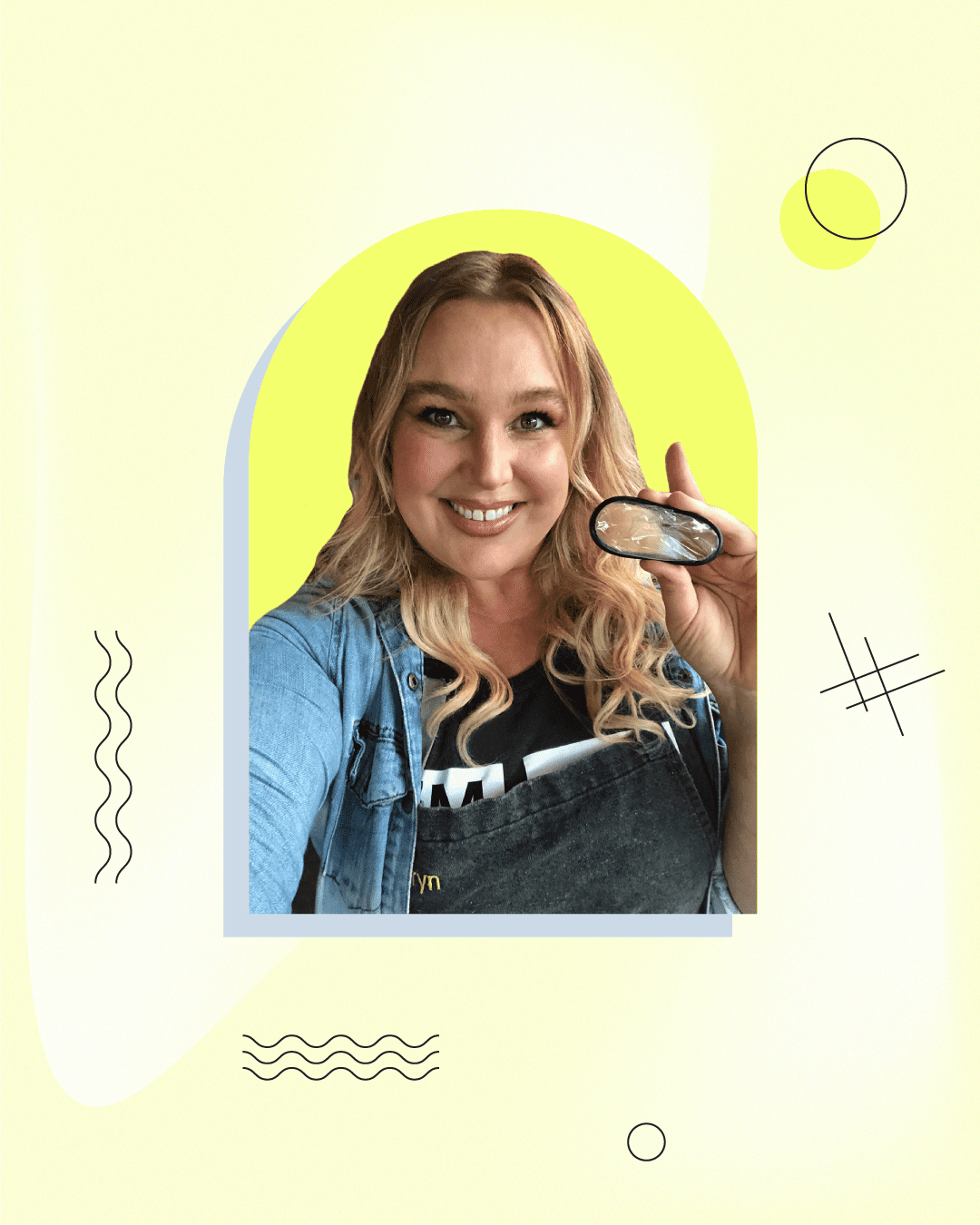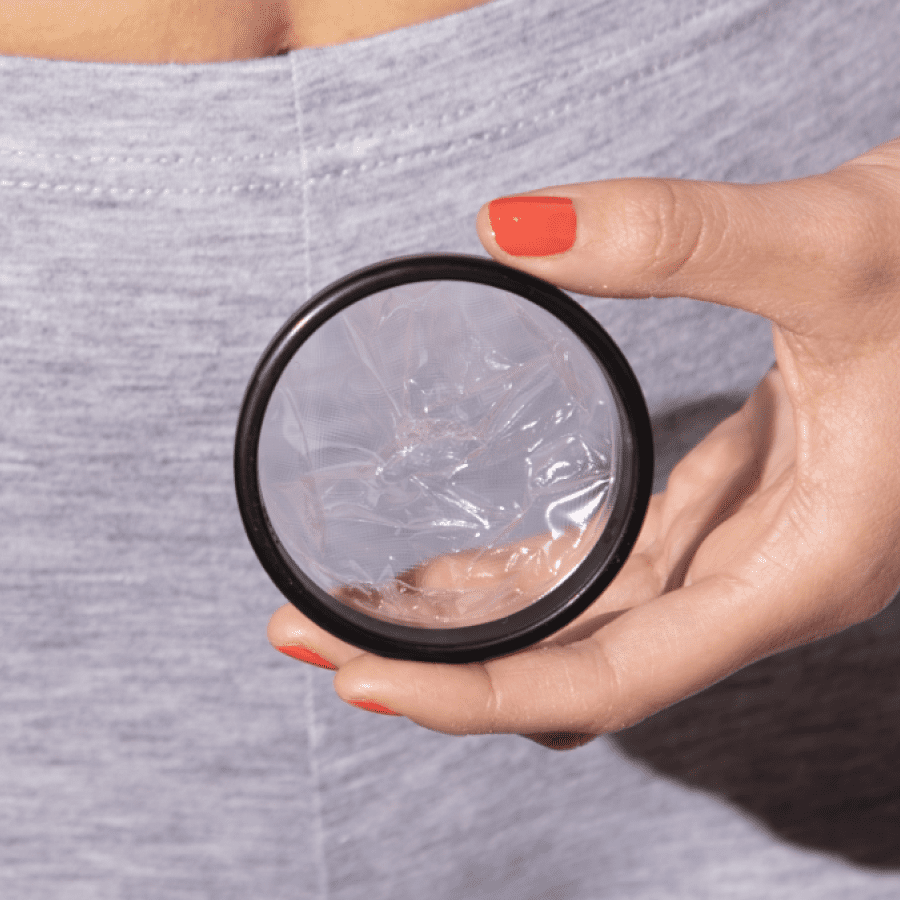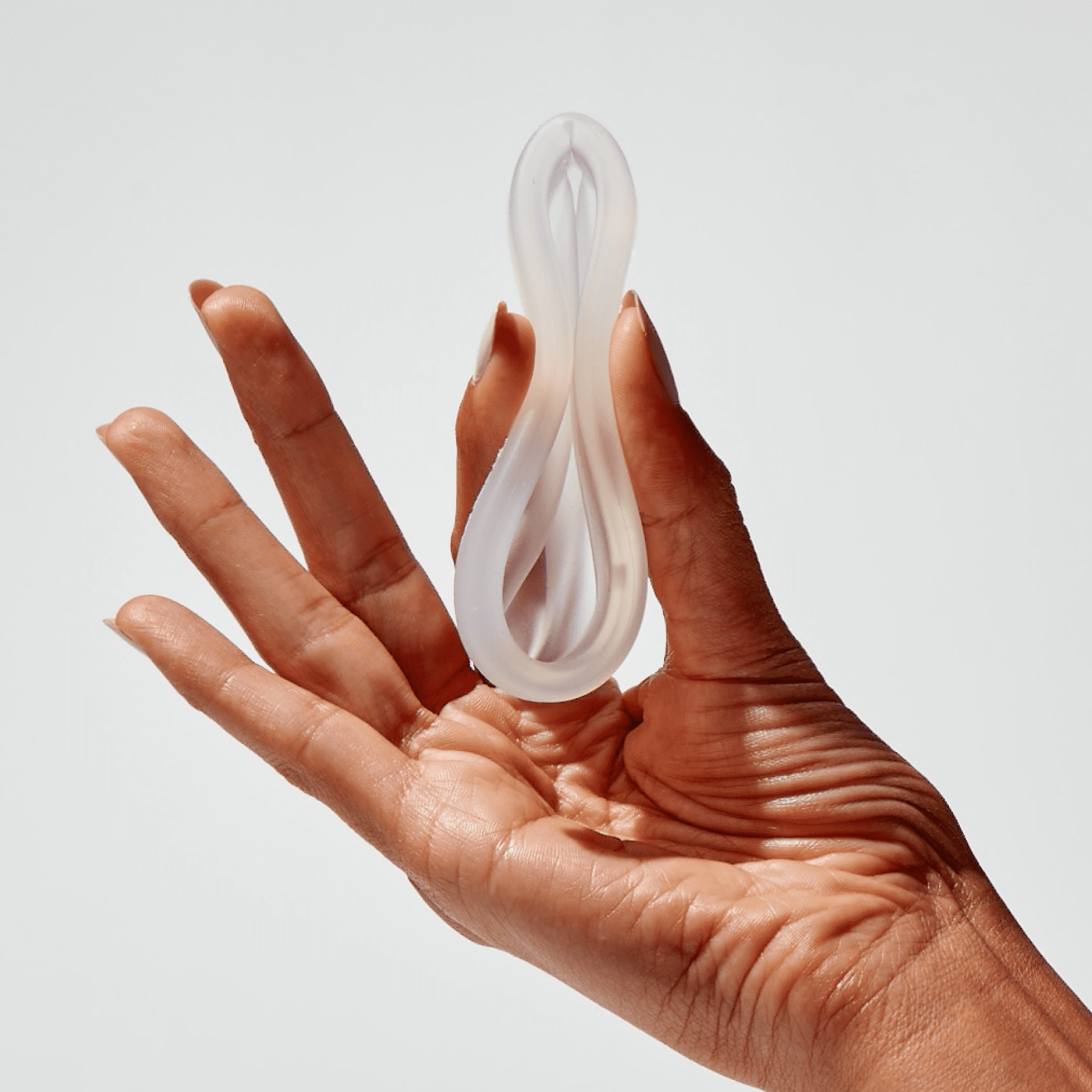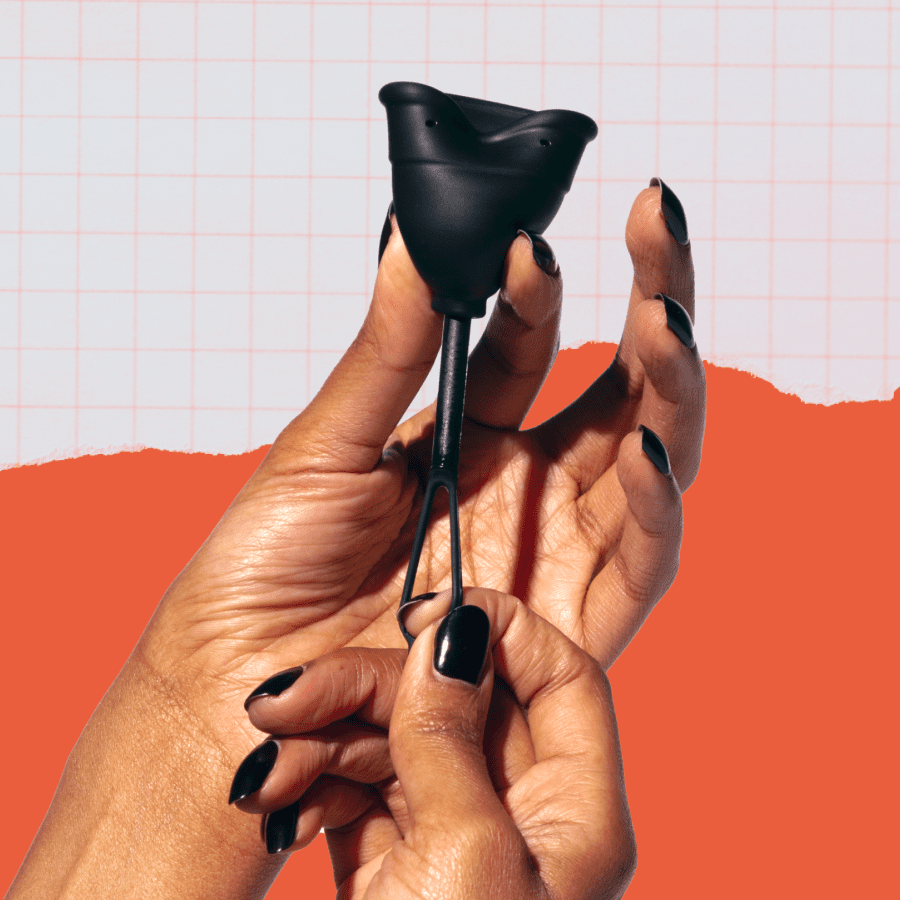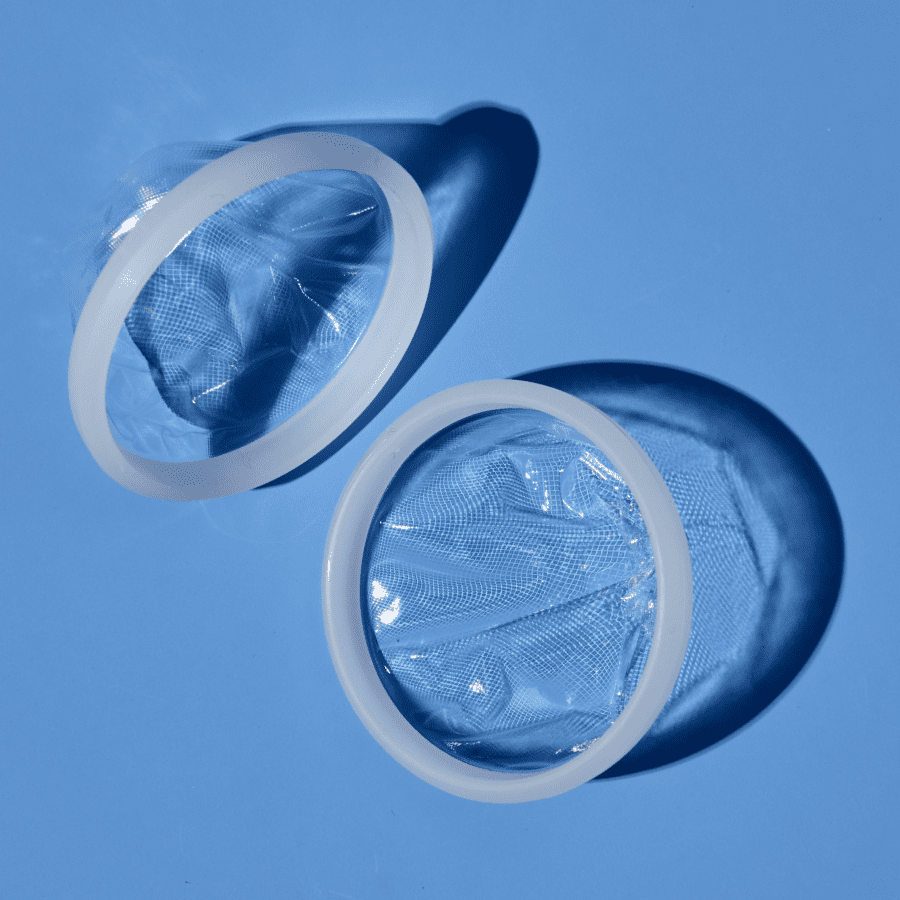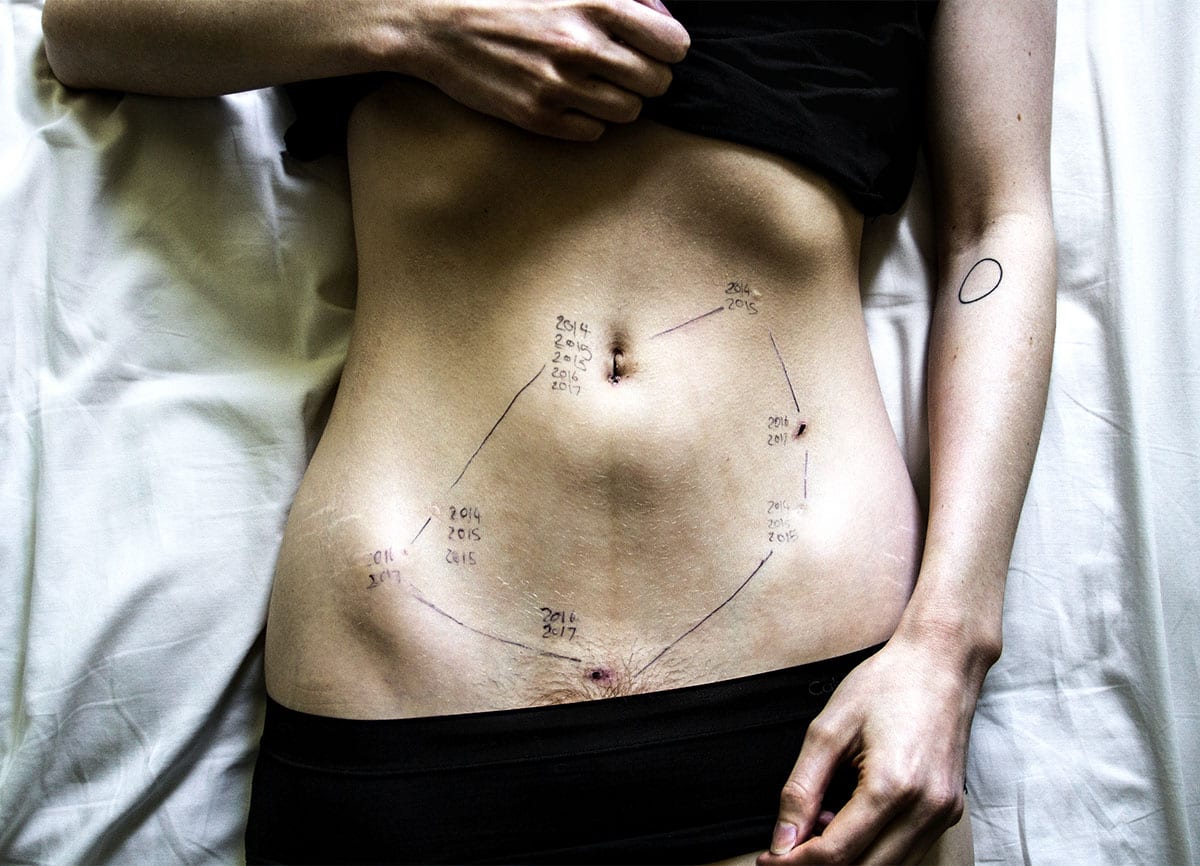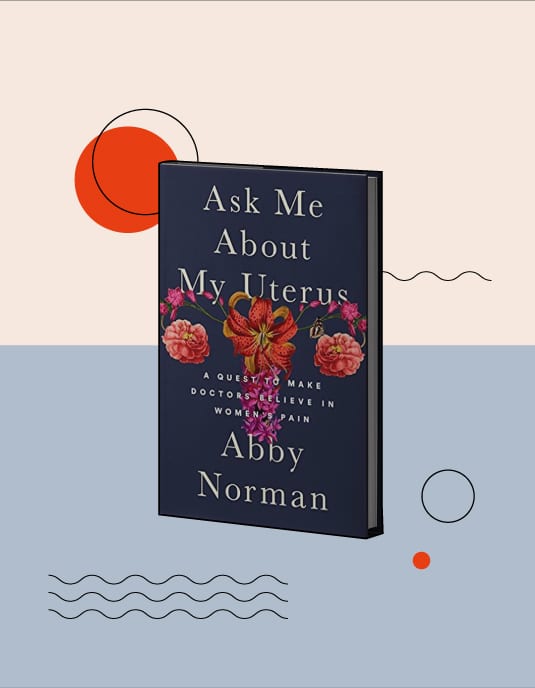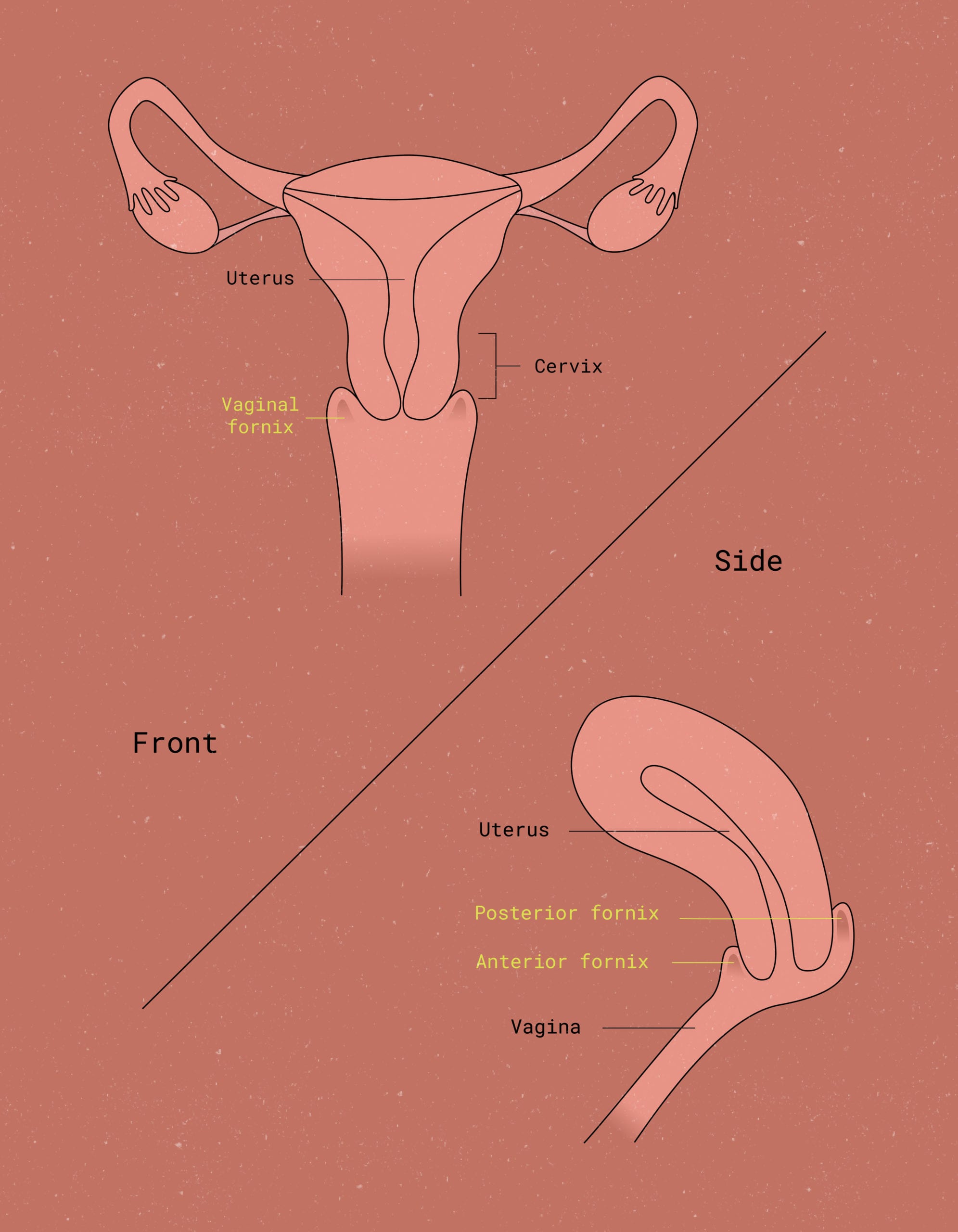Flex fits your life: Wearing the Flex Disc on a 12-hour shift
How 3 incredible essential workers manage their periods during COVID-19
TL/DR: We honor the stories of three essential workers braving COVID-19 on the front lines and working 12-hour (or longer) shifts to serve their communities. Chef Loryn, ER Nurse Sarah, and NICU Nurse Maddy share with us how Flex® has transformed their experiences as hard-working women with periods.
When the coronavirus pandemic upended American life in March 2020, millions of workers were told to stay home. Offices were shuttered and non-essential businesses closed their doors indefinitely. Here at Flex, we shifted to fully remote operations. Our team has been privileged (and super grateful) to be able to roll out of bed and do our jobs from makeshift desks in kitchens, bedrooms, and living rooms.
Yet while we got used to this new, sweatpants-and-slippers way of life, essential workers continued to wake up early each morning, layer on the PPE (if they were lucky enough to have access to a supply), and head to work. For doctors, nurses, first responders, restaurant owners, farmers, and hundreds of other workers, the daily grind only got tougher. They were tasked with keeping their communities running during a tumultuous time, dealing with new safety and sanitation procedures – and at the end of long shifts, stripping off their clothing in garages to prevent transmission to family members.
If getting through a 12-hour shift with head-to-toe PPE, multi-step safety protocol, and, in many cases, as part of an understaffed team sounds difficult, then you can imagine how stressful it can be for the nearly 52% of essential workers who menstruate.1 And periods don’t care about your work schedule (or how difficult it might be to take frequent bathroom breaks to change a period product).
While many individuals rely on tampons to carry them through a long shift, they’re only safe for up to 8 hours of wear: After this point, tampon-wearers run the risk of contracting toxic shock syndrome (TSS), which can be deadly.2 And with options like period panties or ultra-absorbent pads, well, it’s no fun working long hours with what feels like a wet diaper sitting between your legs. That’s why we’re so psyched that period care alternatives like menstrual cups and menstrual discs exist in 2020!
We wanted to check in with a few of our real Flex users to find out how they’ve been managing to get through their pandemic work schedules. ER Nurse Sarah, Chef Loryn, and NICU Nurse Maddy bravely offered to share their stories – and they were so inspiring, we couldn’t resist sharing with the rest of the Flex House. So, read on, and don’t forget to thank the essential workers in your life for all that they do!
“It’s just like forgetting you’re on your period.” – Sarah M., ER Nurse
As an ER nurse, Sarah M logs an average of 6 or 7 miles on her activity tracker by the end of an average 12-hour shift. Before switching to Flex Disc™, she used tampons regularly. “The fear of TSS (toxic shock syndrome) is always vaguely in your mind as you know you’re needing a change,” Sarah shares. “But there’s always one more nursing task to do and the bathroom trip gets pushed back by another hour.”
When the COVID-19 pandemic hit, things got even more stressful. The emergency room at Sarah’s hospital opened a tent outside the ambulance bay for patients with positive coronavirus diagnoses or for those with concerning virus-like symptoms. Staff in the tent wear full hazmat suits with respirators, booties, and many pairs of gloves. Sarah, like many of her colleagues, spends a good chunk of time at the beginning of each shift just gearing up and layering on PPE.
“As you can imagine, getting out of the tent, then out of the suit to use the restroom is a huge ordeal,” says Sarah. With nurses in high demand, she often cannot use the bathroom unless another nurse is available to relieve her of her post. Even when help does arrive, that nurse must also take the time to suit up in full protective gear – meaning a simple bathroom break can take up to 20 minutes.
“Knowing that I was covered by Flex on those days and didn’t [have to worry about] bleeding through earlier was an immense relief.” Sarah noted that she’s also relieved to no longer have to plan out tampon changes in the middle of an ultra-hectic work environment. With Flex Discs, she can make it through an entire 12-hour shift without leaks or discomfort.
“There’s no constant worry. It’s a GAME-CHANGER!” – Loryn N., restaurant owner + chef
Loryn is the chef and owner of food-truck-turned-award-winning-eatery Balkan Treat Box in Webster Groves, MO. Working in the kitchen is one of the most physically demanding jobs out there – and for Lauryn’s job, like many others across the country, it doesn’t necessarily slow down for a global health crisis. Loryn told us that her kitchen’s fast-paced environment hasn’t changed: Most days, she’s on her feet for up to 18 hours at a time, lifting crates of produce, ingredients, and supplies weighing anywhere from 15 to 50 lbs.
As those of us in the restaurant and food industry are all too aware, getting a period while on the job can be a major headache. It can be tough to find time for an extended bathroom break during mealtime rushes and the paradigm of a spotless, sterile kitchen can amplify leak-related anxiety. “Using the Flex Disc has been a game-changer,” Lauryn shares with us. “I use one in the morning as I get ready for work and I don’t really think about it the rest of the day.”
The stress of the pandemic hasn’t spared the restaurant industry. Many restaurants struggled to contend with springtime lockdowns, not knowing when they’d be able to reopen or how best to restructure their business model. While some temporarily closed their doors, Balkan Treat Box stayed open for takeout via online ordering and curbside pickup. Lauryn’s business was able to adapt quickly to this new mode of service – and, rather than slow down, the number of orders her team prepared each day went up (to the point that daily sell-outs were commonplace). “There isn’t a whole lot of down time,” Lauryn adds. She gamely powers through each day’s rush, proud to keep her St. Louis-area community well-fed (with incredible wood-fired Turkish flatbreads, doner, and cepavi) throughout this difficult time. And Flex has made this job easier, allowing Lauryn to stay focused on what’s most important: “Not having to worry about my period because of a heavy flow day has allowed me time to focus on my restaurant and staff.”
“With the pull tab? Easiest removal ever.” – Maddy G., NICU Nurse
“Working as a NICU nurse, I have the privilege of taking care of the smallest patients in a hospital,” says Maddy. Her job is physically and emotionally strenuous, as she and her team take care of premature infants and babies with critical illnesses. In some cases, a single patient may require round-the-clock attention from up to two nurses and multidisciplinary workers at a time.
“It can be difficult to sit down, let alone go to the bathroom or think about my period,” Maddy adds. Previously, she had tried out a few different brands of menstrual cups, but found that most were too difficult to use. A 20-minute insertion and removal process left her “sweating and crying,” wondering how something that seemed so obvious could be so frustrating (especially with a nursing degree). She’s not alone: Kristen Bell once had a similarly traumatizing moment that she shared on camera.
But once Maddy switched to Flex, everything changed: “I could insert and remove my Flex Cup™ in a minute, no different than removing and opening a new tampon,” she explains. “And with the pull tab? Easiest removal ever.”
Since the pandemic started, Maddy’s work routine has become even more stressful. While babies admitted into the NICU tend to test negative for COVID-19, many of their parents test positive. Parents in this situation are devastated that they can’t spend time with their newborn. Instead, they have to trust nurses like Maddy to carry out the important work of making sure their baby gets loving snuggles, positive touch, and a little talk time to help with cognitive development.
When families are able to visit, Maddy gives them a feeling of safety and much-needed consistency. “That couldn’t happen if I was always thinking about leaving the room to change my tampon,” she says. Even as the rest of the world seems to be turning upside down, Maddy makes sure NICU babies continue to receive the best possible care in a comforting, stable environment. We can’t thank her – and all the other doctors, nurses, and frontline workers out there – enough for their incredible commitment and determination.
Flex in action
We could never have imagined how the coronavirus pandemic would affect people with periods when we initially launched with Flex Disc, but we’re so glad that our products stand up to this global challenge. The last thing essential workers need right now is extra stress – whether about potential leaks, risk for TSS, or period product related discomfort. Flex is proud and honored to serve essential workers on the front lines of this global crisis.
Know a menstruator who deserves a shoutout for their hard work during COVID-19? We’d love to hear from you! Get in touch with us at thefornix@flexfits.com.
© 2021 The Flex Company. All Rights Reserved.
- Ayesh, R. (2020, April 18). Women make up a majority of essential U.S. coronavirus workers. Axios. Retrieved from axios.com/women-majority-essential-workers-coronavirus-5a89e6b2-9524-4fe4-b91b-7cd64d769aef.html[↩]
- Shands, K. N., Schmid, G. P., Dan, B. B., Blum, D., Guidotti, R. J., Hargrett, N. T., . . . Fraser, D. W. (1980). Toxic-Shock Syndrome in Menstruating Women. New England Journal of Medicine, 303(25), 1436-1442. doi:10.1056/nejm198012183032502[↩]
Loryn N., chef and owner of food-truck-turned-award-winning-eatery Balkan Treat Box in Webster Groves, MO.
